My most recent food discovery was during this year’s Dragon Boat Festival. Zongzi is a traditional rice dish made from glutinous rice stuffed with fillings and seasonings, wrapped in bamboo leaves, and boiled until soft, sticky, and delicious.
Zongzi is sometimes equated to a tamale since the cooking process is similar. It comes in sweet varieties (like red bean) and savoury varieties (with duck, pork, or other meat fillings).
In Indonesia, we call it Bak-chang (Hokkien Chinese), and I grew up eating it thanks to my Chinese school friends, who had always been generous in sharing it with this brown kid.
When I got to China, I learned about traditional foods and how each festival has special treats and meals with important symbols. Every culture has its own special meals to go along with festivals and holidays, but the cultural significance and stories behind Chinese festival foods are important and really interesting.
The Dragon Boat Festival
The Dragon Boat Festival occurs around the month of May or June, which is known as an unlucky month. One way to avoid bad luck is to eat Zongzi, which brings good luck. More interestingly, the festival is also a time to commemorate the death of Gu Yuan, a famous Chinese poet. He committed suicide by drowning in the Miluo River. Legend states that local people threw balls of sticky rice in the river for fish to eat, so they wouldn’t eat his body, which is then symbolized by the eating of zongzi today.
Chinese culture is filled with deep symbolism and rich stories, and each holiday has its own specialty and symbols to bring luck, happiness, health, and more. Checking out these foods for flavour is one thing, but I think you’ll find that learning about the power of tradition behind these foods is incredibly unique and rewarding.
Follow me on Instagram @KultureKween for more recent updates.
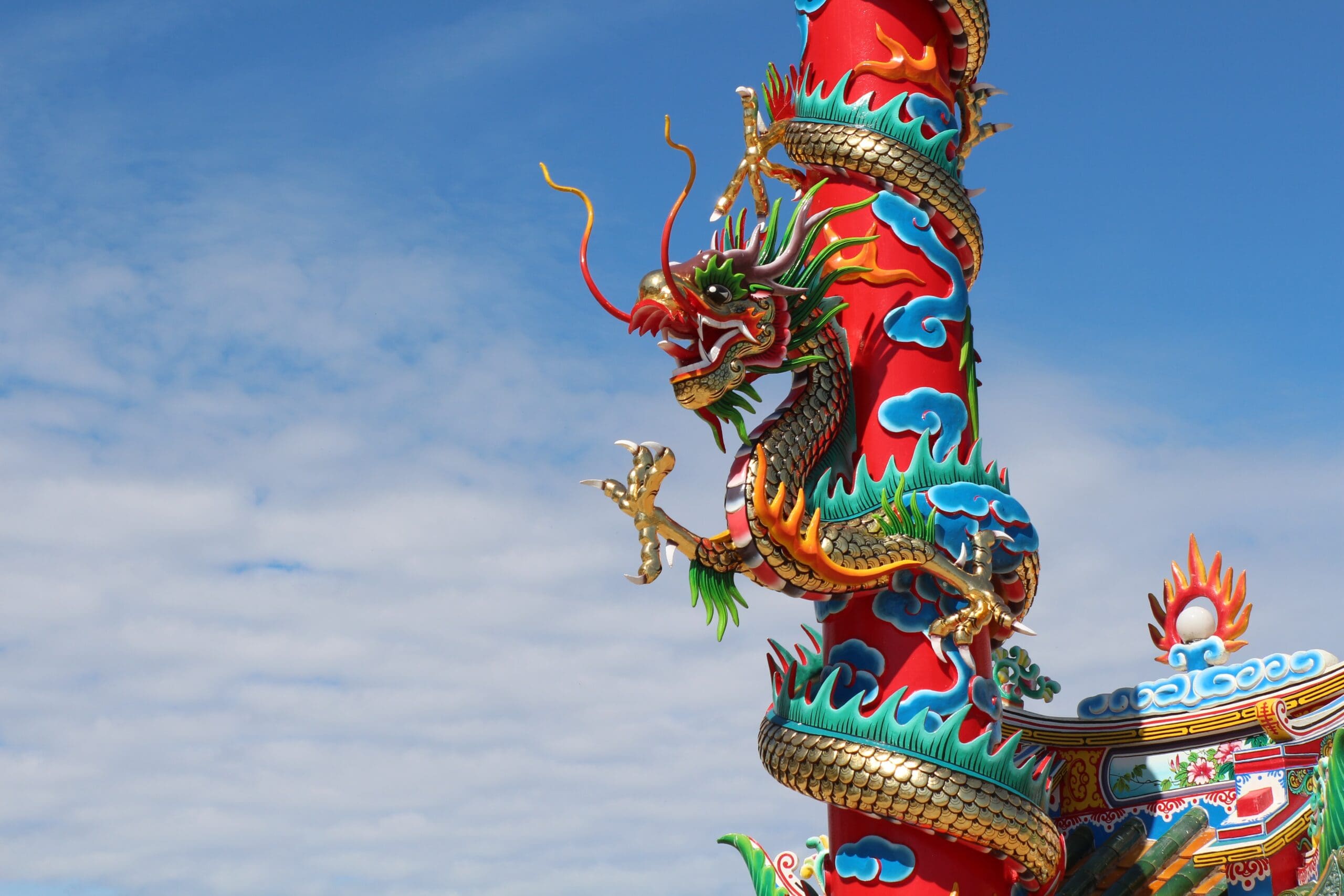
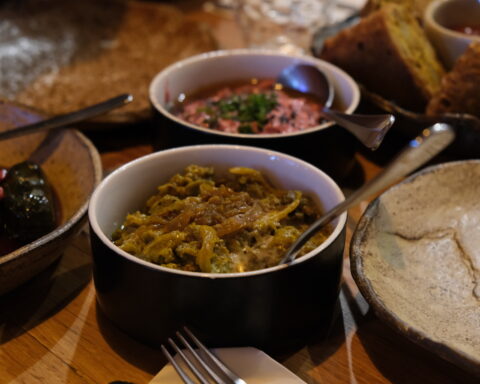

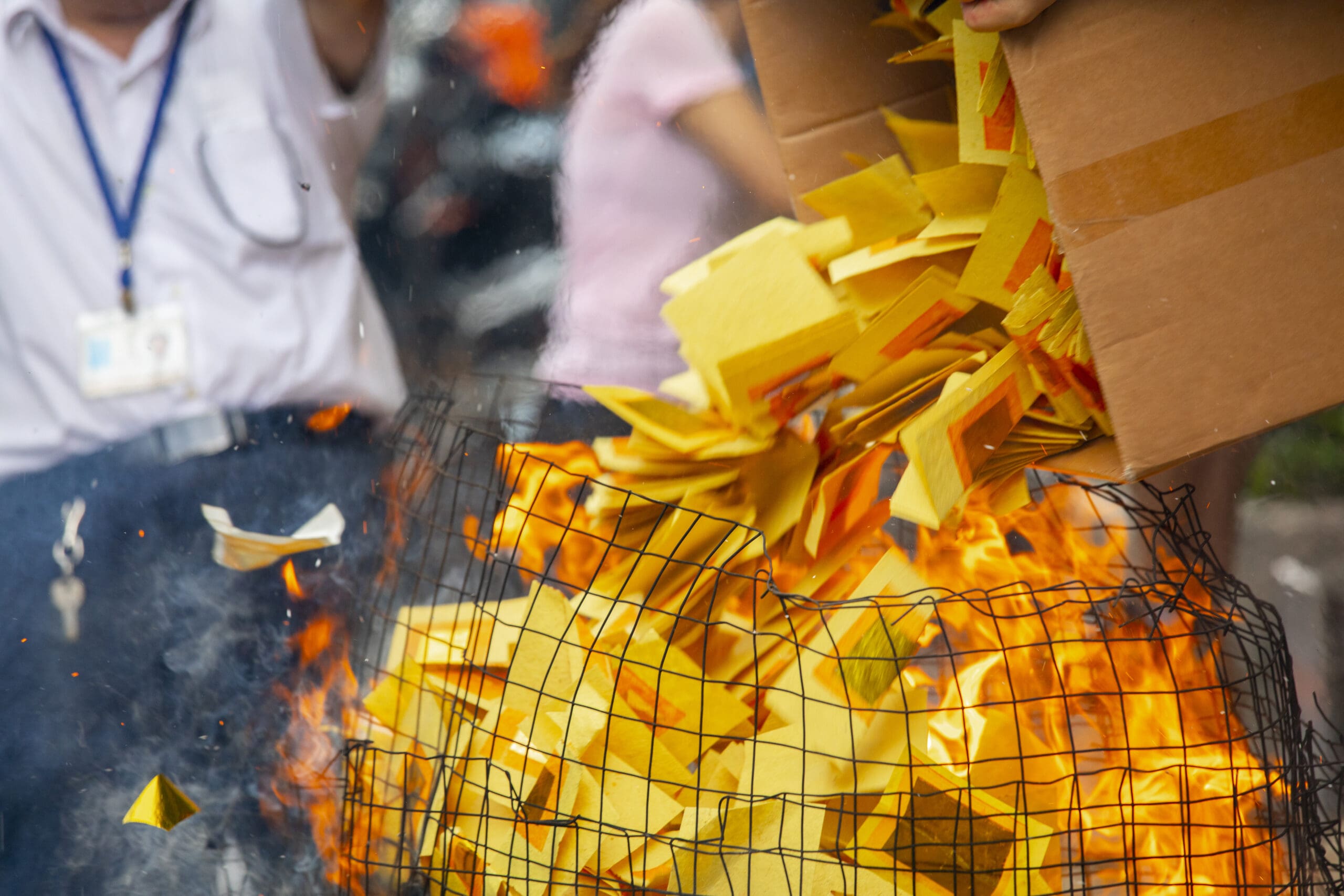
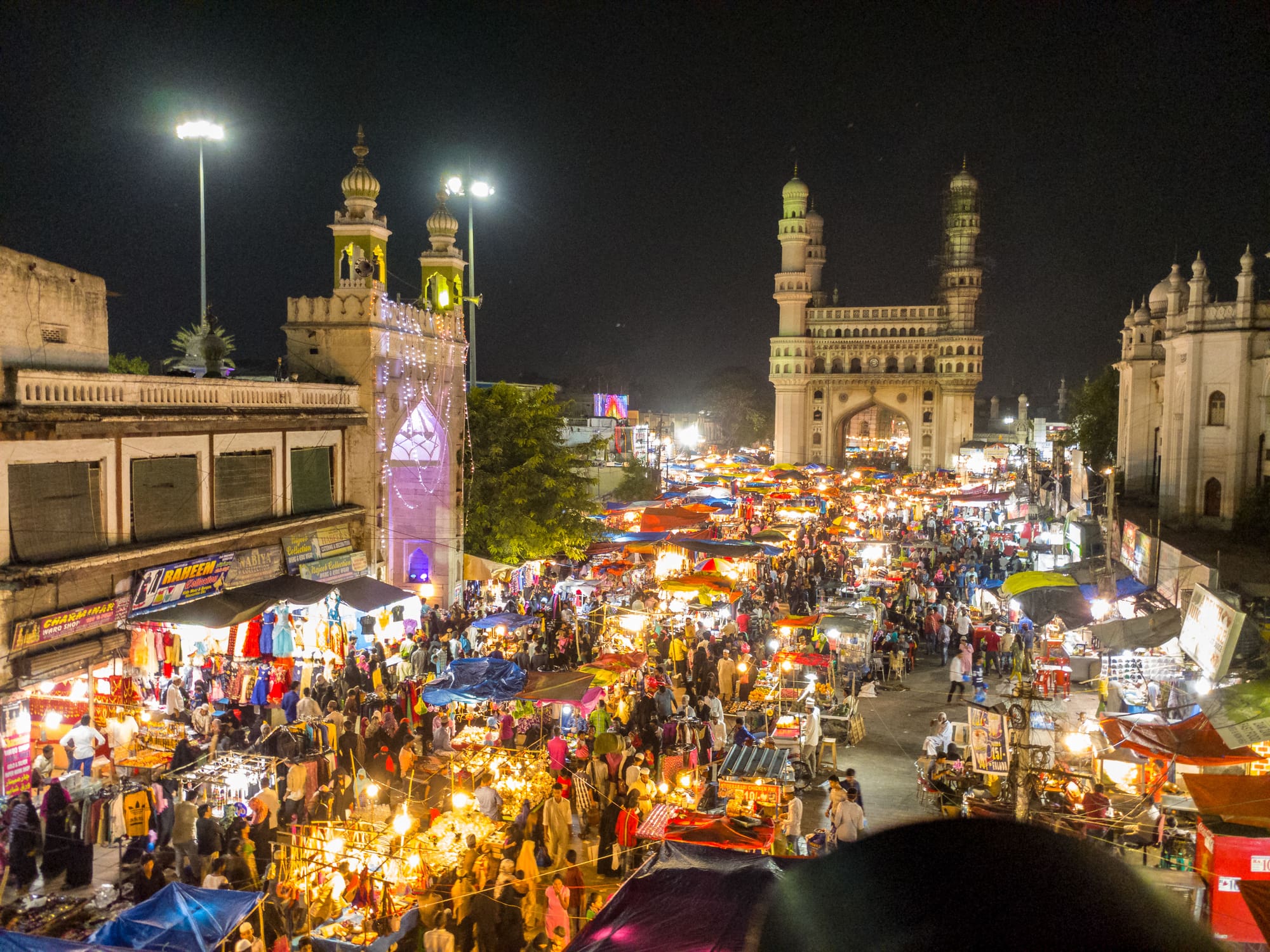
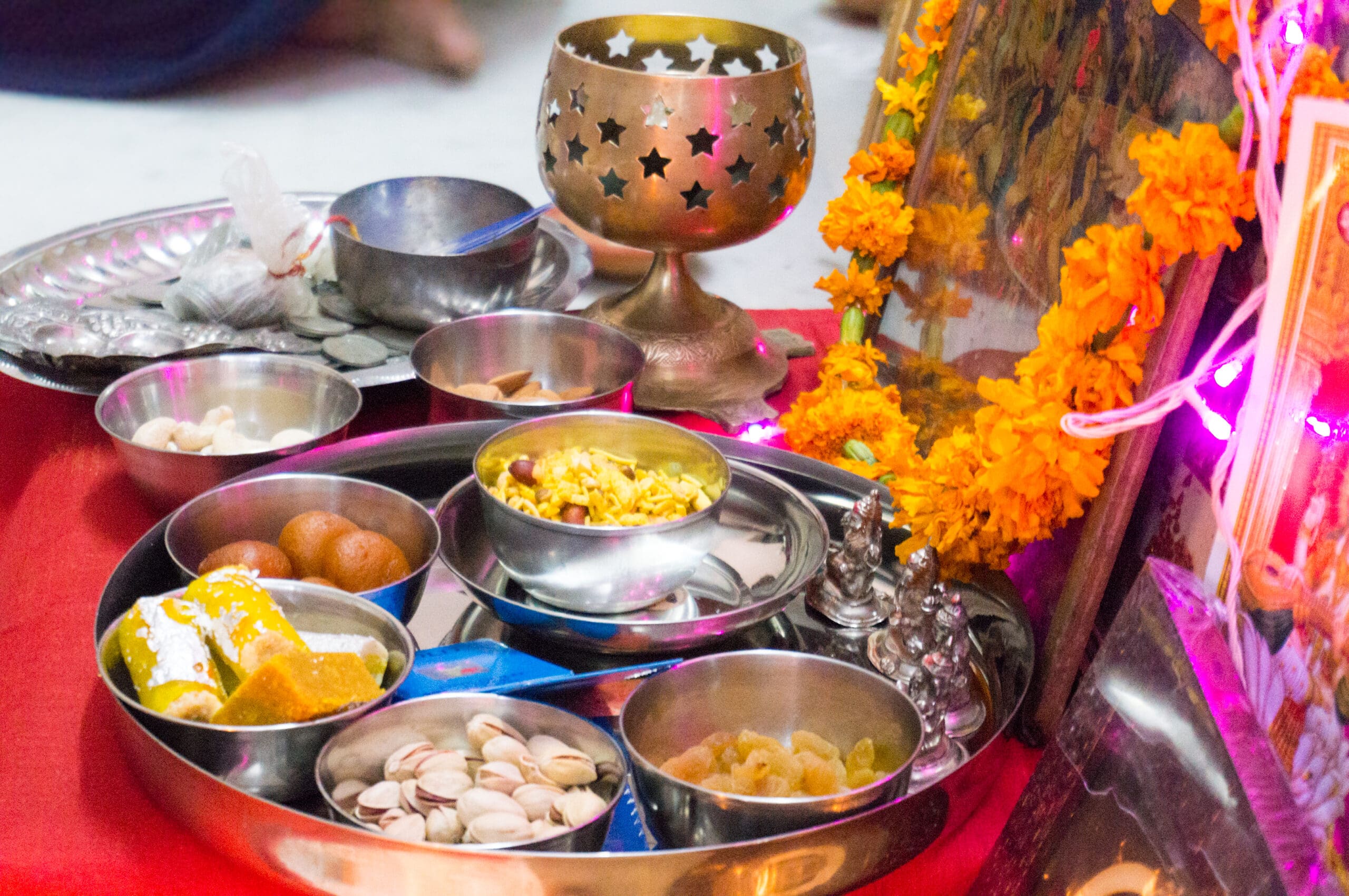
[…] to be invited to a dumpling-making party. I’ve heard about them many times, usually during the Zongzi or Mid-Autumn Festival, and they always sounded so fun. Lo and behold, I was finally invited by one […]
[…] One really interesting thing that connects the two is that both are culturally considered to be in the same category of mythical creatures. This is because lions historically haven’t lived in China, so when these traditions arose, the people weren’t exposed to living lions, which allowed the idea of lions to fall in the same category as Chinese dragons. […]